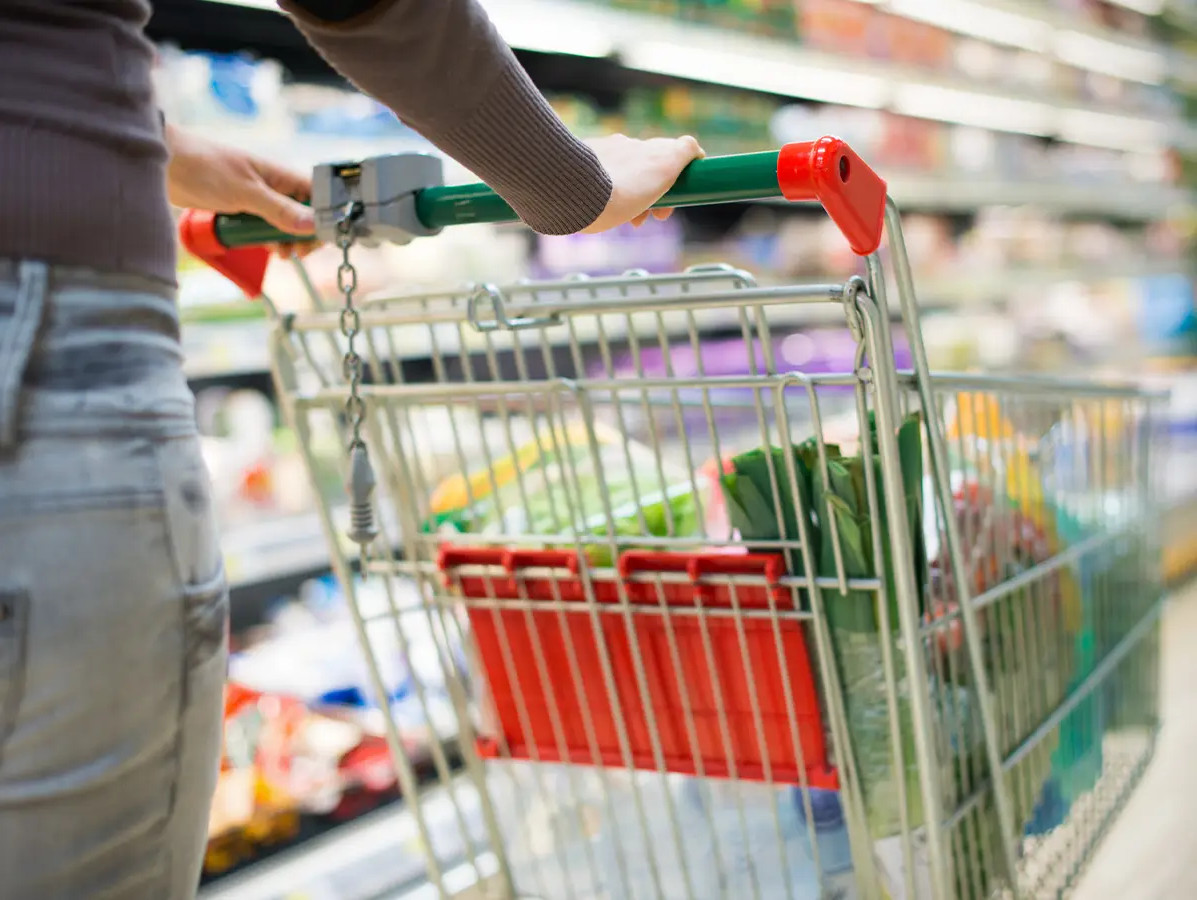
Prices for products like coffee, chocolate, and meat continue to rise. According to CBS, supermarket prices for food products were on average 4% higher in May than a year earlier. The official inflation rate is still skewed by the tobacco tax hike, which distorts how the numbers are interpreted. Meanwhile, labour costs are increasing, partly because collective labour agreements are catching up with inflation from recent years. Raw material costs remain volatile, driven by geopolitical tensions, climate effects, and growing global demand.
For producers, it is becoming increasingly difficult to pass these rising costs on to their buyers. Supermarkets are trying to repair their margins but leave little room in the chain. Consumers are turning more often to private labels and online shopping, which intensifies competition between sales channels. Traditional retail growth strategies are losing effectiveness, leaving food producers in a volatile and harder-to-predict market. According to RaboResearch, scale will become more important in securing a stronger position in the chain.
Where supermarkets focus heavily on price, fresh specialty stores place more emphasis on quality and craftsmanship. The number of these stores has declined sharply over the past decade, but the ones that remain tend to stand out with a clear and distinctive offering. For producers, this presents opportunities for value-added products that emphasise flavour, craft, and customer experience. At the same time, more of these stores are joining retail chains. Operating within a chain allows them to benefit from shared marketing, procurement, and production — and that can also work to the supplier’s advantage.
In the hospitality sector, outlets are still disappearing — particularly cafés. At the same time, the average size of restaurants is increasing, and more franchise formats are emerging. Producers supplying foodservice are now dealing with larger and more professional clients. Efficiency, reliable delivery, and concept support are becoming key. Franchises benefit from economies of scale and look for partners who can adapt to their volume and logistics needs. In this market, scale matters twice: both in front of the house, and behind the scenes.
Source: Rabobank